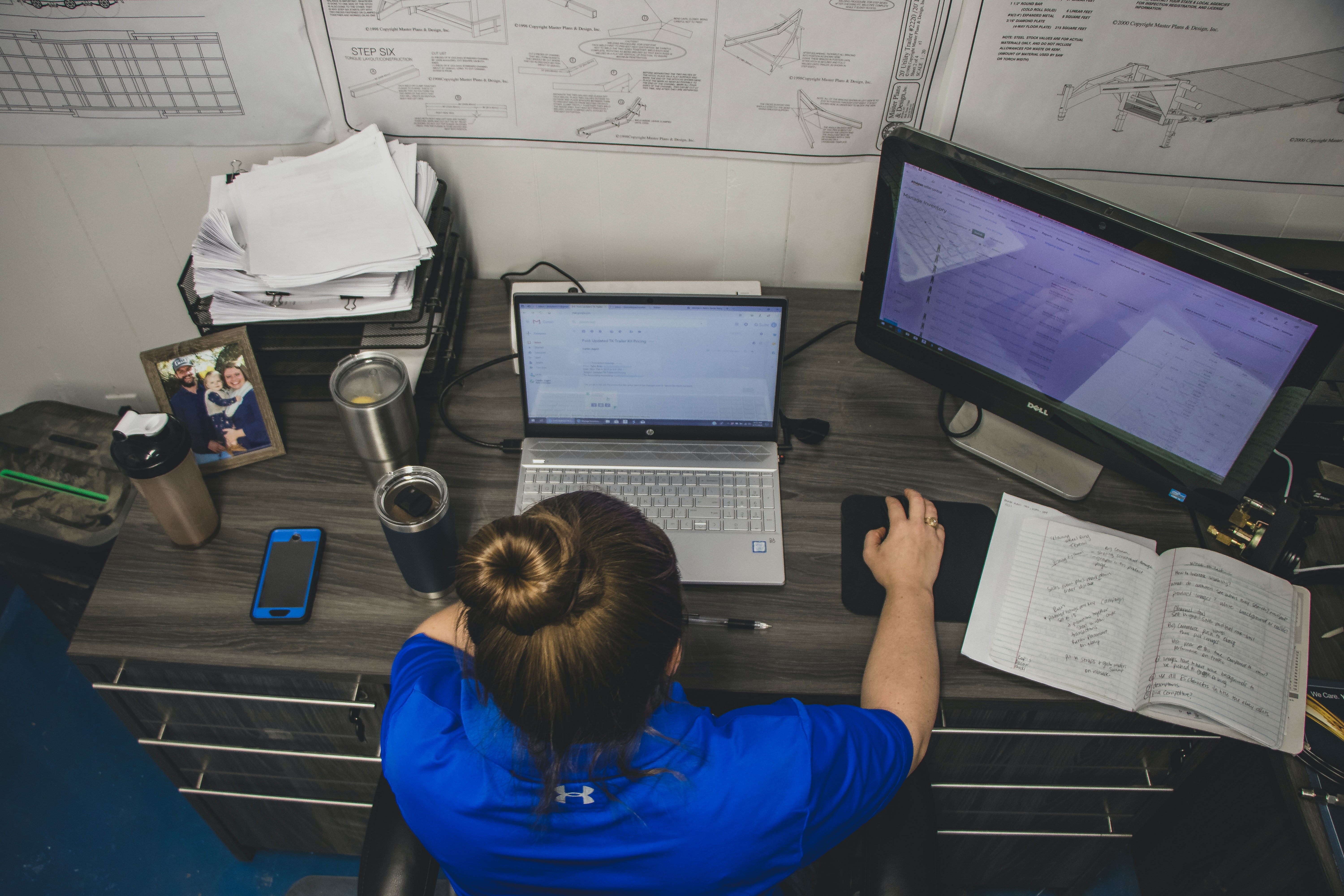News release
From:
This Kaupapa Māori study looked at the experiences of Māori with Telehealth during the 2020 COVID-19 lockdown. We interviewed Māori whānau and primary health care providers about accessing healthcare during the lockdown, and whether they had used Telehealth. Participants told us that Telehealth was useful when it removed common barriers – such as lack of transport, consultation costs and having to take time off work/school – and in general improved access to healthcare. However, they also raised issues with Telehealth, and suggested ways to address these. Solutions focused on improved internet coverage, access to suitable Telehealth and health-monitoring equipment and support for Telehealth literacy.



 New Zealand
New Zealand


